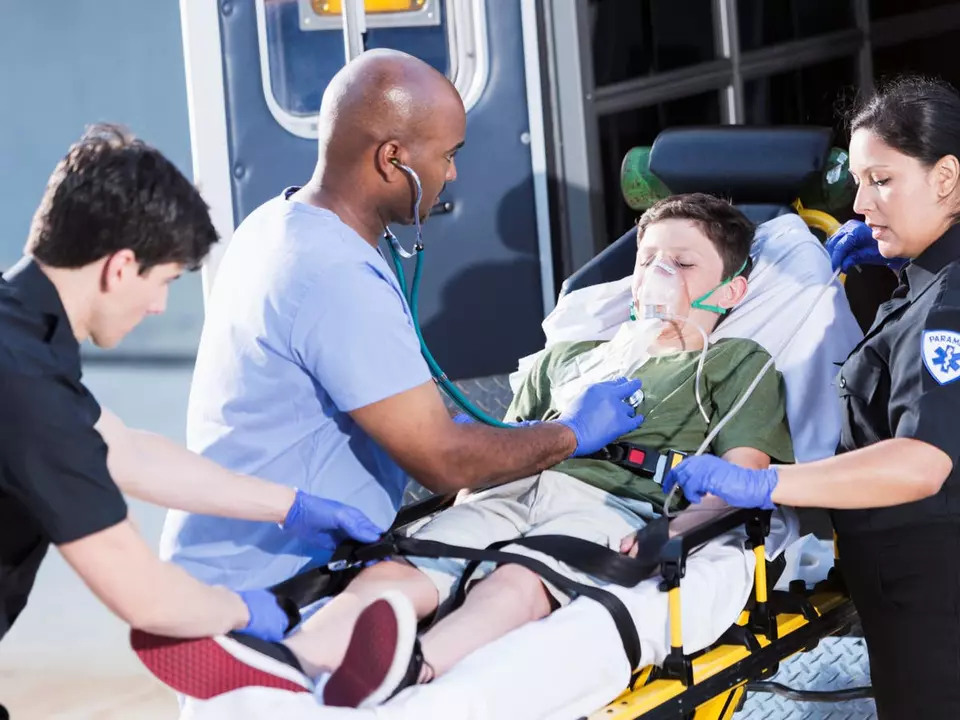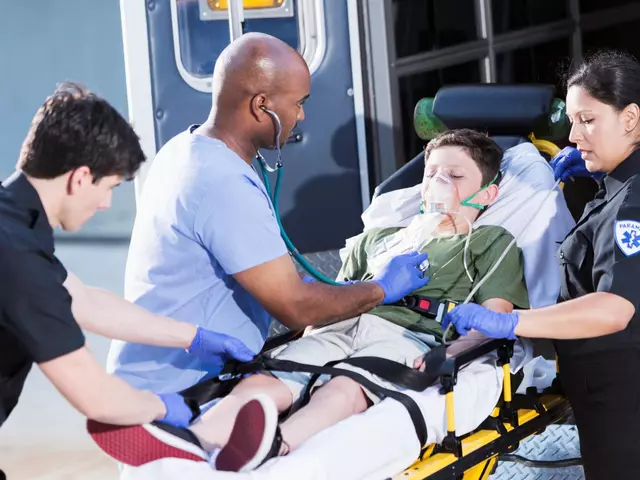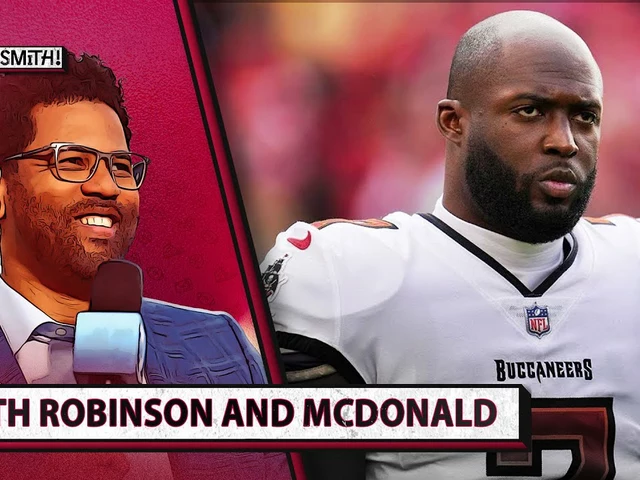Health and Parenting: Understanding Cardiac Arrest in Toddlers
Seeing your little one laugh, run, and explore is the best part of parenting. But the idea that a 2‑year‑old could have a cardiac arrest is terrifying. It’s not a scene from a movie – it can happen, and knowing the why and how can give you a fighting chance to protect your child.
Common Causes of Cardiac Arrest in Young Children
First off, most toddlers who suffer cardiac arrest have an underlying issue. Congenital heart defects are the biggest culprits. These are problems the baby is born with, like a hole in the heart or malformed valves. Even if a doctor told you the defect was mild, it can still lead to rhythm problems that trigger a sudden stop.
Second, infections can turn dangerous fast. Severe respiratory infections, pneumonia, or even flu can cause the heart to work harder than it should. In a tiny body, that extra strain can push an already fragile system over the edge.
Trauma is another factor. A hard fall, a car accident, or a blow to the chest can damage the heart muscle or disrupt its electrical signals. While most bumps are harmless, serious impacts need immediate medical attention.
Don’t overlook medications and toxins. Some prescription drugs, over‑the‑counter cough syrups, or even household chemicals can be toxic to a toddler’s heart. A single accidental ingestion can set off a chain reaction that leads to cardiac arrest.
What Parents Can Do Right Now
Watch for warning signs. Rapid breathing, unusual fatigue, bluish lips, or a sudden change in behavior can all hint at heart trouble. If you notice any of these, call emergency services right away – time is everything.
Keep a list of your child’s medical history handy. Include any diagnosed heart defects, surgeries, or medication doses. Sharing this information with paramedics or doctors can speed up life‑saving treatment.
Practice basic CPR. Learning hands‑only CPR for infants and toddlers takes less than an hour, and it’s a skill you’ll never regret having. When a cardiac arrest happens, immediate chest compressions can keep blood flowing until professional help arrives.
Make your home safer. Store medicines, cleaning supplies, and small objects out of reach. Install safety gates and keep sharp objects away from play areas. A safe environment reduces the chance of accidental injuries or poisonings.
Schedule regular check‑ups. Even if your child seems perfectly healthy, an annual heart exam can catch hidden issues before they become emergencies. Ask your pediatrician about a heart screen if you have a family history of heart disease.
Lastly, stay calm and act fast. Panic clouds judgment, but a clear head lets you follow the steps you’ve learned – call for help, start CPR, and keep talking to the emergency operator.
Understanding why a 2‑year‑old can experience cardiac arrest might feel overwhelming, but each piece of knowledge equips you to act decisively. Keep these tips close, stay alert, and you’ll be better prepared to safeguard your child’s heart.

Dubai enforces strict laws against illegal escort services, but offers safe, licensed wellness alternatives. Learn what’s allowed, how to spot legal spas, and why services like Russian massage Dubai and Massage Republic Dubai are your best bet for real relaxation without risk.

As a parent, it's hard to imagine that a 2-year-old could experience a cardiac arrest, but it is indeed possible. The main causes for this tragic event can include congenital heart defects, which are present at birth, or acquired conditions, such as infections or trauma. Additionally, certain medications or toxins can also lead to cardiac arrest in young children. It's crucial for parents and caregivers to be aware of potential risk factors and symptoms, as immediate medical attention is vital in such cases. Overall, understanding the causes and prevention measures can help protect our little ones from this life-threatening situation.






